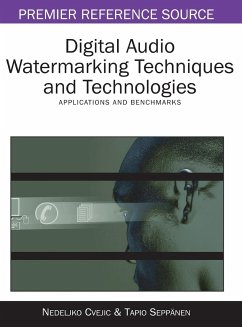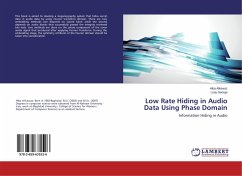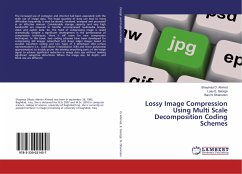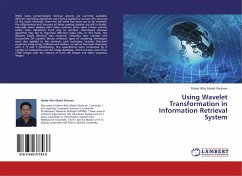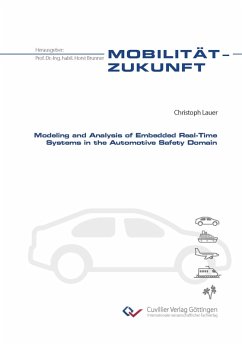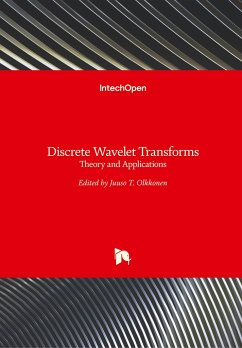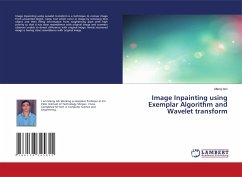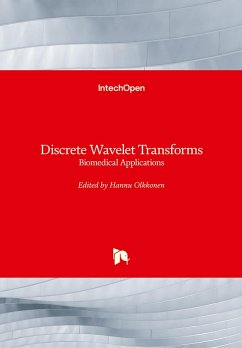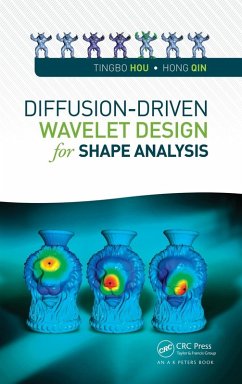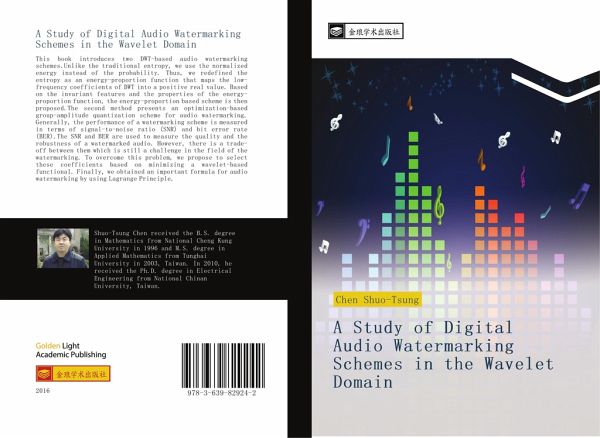
A Study of Digital Audio Watermarking Schemes in the Wavelet Domain
Versandkostenfrei!
Versandfertig in 1-2 Wochen
13,99 €
inkl. MwSt.

PAYBACK Punkte
7 °P sammeln!
This book introduces two DWT-based audio watermarking schemes.Unlike the traditional entropy, we use the normalized energy instead of the probability. Thus, we redefined the entropy as an energy-proportion function that maps the low-frequency coefficients of DWT into a positive real value. Based on the invariant features and the properties of the energy-proportion function, the energy-proportion based scheme is then proposed.The second method presents an optimization-based group-amplitude quantization scheme for audio watermarking. Generally, the performance of a watermarking scheme is measure...
This book introduces two DWT-based audio watermarking schemes.Unlike the traditional entropy, we use the normalized energy instead of the probability. Thus, we redefined the entropy as an energy-proportion function that maps the low-frequency coefficients of DWT into a positive real value. Based on the invariant features and the properties of the energy-proportion function, the energy-proportion based scheme is then proposed.The second method presents an optimization-based group-amplitude quantization scheme for audio watermarking. Generally, the performance of a watermarking scheme is measured in terms of signal-to-noise ratio (SNR) and bit error rate (BER).The SNR and BER are used to measure the quality and the robustness of a watermarked audio. However, there is a trade-off between them which is still a challenge in the field of the watermarking. To overcome this problem, we propose to select these coefficients based on minimizing a wavelet-based functional. Finally, we obtained an important formula for audio watermarking by using Lagrange Principle.




